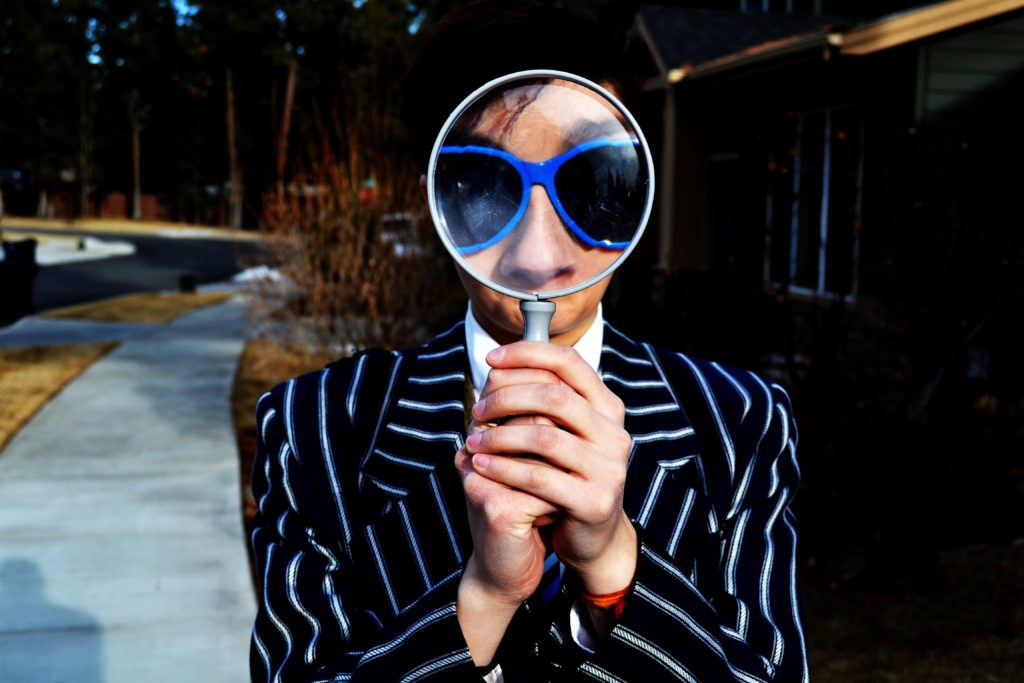And what does it mean?
“Who are you?” I was asked that question in an interview on Monday. I fumbled a lot because I have this definition of WHO I am, but I didn’t feel like it was the answer my interviewer was looking for.
What did I say?
I answered that I was a life coach, an American living in Myanmar, a former ESL teacher, and a person with narcolepsy and chronic migraine.
Why?
The interview was for a volunteer position with the Migraine World Summit, so that’s what seemed relevant. We’ve been trained to show the sides of us that make us most qualified for a position in life, to get the job. Even though I know better, my training kicked in, and I said what I had been conditioned to say.

I adapted to the scenario and tried to be who I thought the interviewer wanted me to be. Now, whether I get the position or not, I know this was a learning moment for me.
This is something many of us are doing all day every day in our relationships with other people.
We do it when we say yes to doing things we want to say no to, or agree to participate in something that goes against our values.
We do it when we censor our potty mouth for our grandparents, act a certain way with our partner in front of our friends, or dress differently when we are going to see specific people.
We just want to be accepted
Society teaches us to forget who we are at our core to be more adaptable to different situations. We have to make ourselves seem friendly, pleasant, and employable whatever the cost. We want people to like us. But is this authentic?
And when we are out with our friends, we continue the charade. We try to make each other comfortable, avoiding awkward topics, not asking the tough questions, so we don’t make things hard.
It’s difficult to be authentic when we are trying to manage what everyone else thinks of us.
So What Should I Have Said?
What I would say next time is my ‘heart statement’. “I am a being of gratitude, empowerment, and connection. I am creative, curious, fair, and free!” This is who I am regardless of who I am talking to. It doesn’t matter what career I’m pursuing, where I’m living, or what I do on a day to day basis. This is the authentic me!
The great thing about identifying myself in this way is that it doesn’t matter what life throws at me; I will always be this grateful empowered person. My values will not change if I add new identifiers like wife/husband, mother/father, employed/unemployed. I don’t have to classify my chronic illness as a part of my identity.
Knowing who we are at our core allows us to adapt to the curve balls life throws at us. It means our friends and colleagues know who they are dealing with when we show up.
What does it mean to be authentic?
Have you ever heard someone say, “Oh, I love that Bob is always so fake and makes sure I am completely comfortable in all situations.”
Or maybe you have heard someone say, “I love that Holly always tells it like it is. I know exactly where I stand with her.”
Most of us appreciate when others are authentic, and yet we don’t permit ourselves to be the same.
So here is my question for you today. How are you a different person in various situations? How is that serving you? Would you like to be more authentic?
Let me know in the comments below!